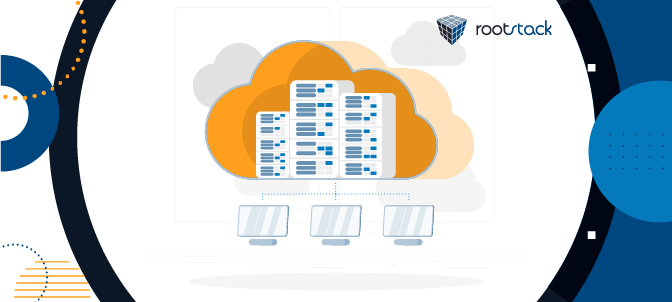Introduction
 Productivity and efficiency are fundamental elements for the success and survival of companies in today's highly competitive business environment. These concepts refer to an organization's ability to maximize the production of goods or services using available resources optimally.
Productivity and efficiency are fundamental elements for the success and survival of companies in today's highly competitive business environment. These concepts refer to an organization's ability to maximize the production of goods or services using available resources optimally.
Productivity relates to a company's ability to generate quantifiable results in terms of production, sales, or profits, relative to the resources used, such as time, labor, capital, and technology. Higher productivity means achieving more results with the same amount of resources or achieving the same results with fewer resources.
On the other hand, efficiency refers to a company's ability to use available resources optimally, minimizing waste and maximizing performance. An efficient company is capable of carrying out its operations at the lowest possible cost, avoiding inefficiencies and redundancies in the processes.
In recent years, there has been significant growth in the adoption of cloud computing by enterprises around the world. Cloud computing has emerged as a key tool to transform business processes and improve the productivity and efficiency of organizations.
 Cloud computing gives businesses the ability to access computing resources, such as storage, servers, and software, over the Internet, instead of relying on local infrastructure. This technology allows companies to eliminate the need to invest in expensive IT infrastructure and maintain equipment and servers on-site. Instead, they can take advantage of cloud services provided by specialized providers.
Cloud computing gives businesses the ability to access computing resources, such as storage, servers, and software, over the Internet, instead of relying on local infrastructure. This technology allows companies to eliminate the need to invest in expensive IT infrastructure and maintain equipment and servers on-site. Instead, they can take advantage of cloud services provided by specialized providers.
This whitepaper aims to provide readers with a clear and concise understanding of how cloud computing can transform business processes for maximum productivity and efficiency. We will provide detailed information on the key concepts, benefits, and considerations associated with cloud adoption. We will also present practical recommendations for companies considering adopting this type of technology and tools.
